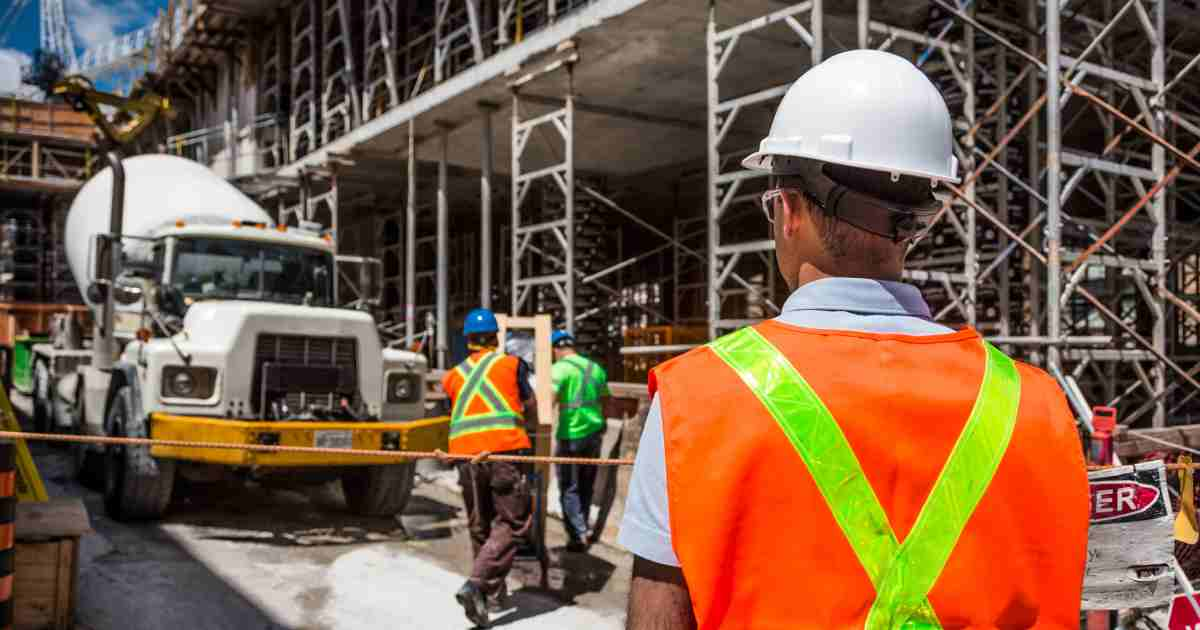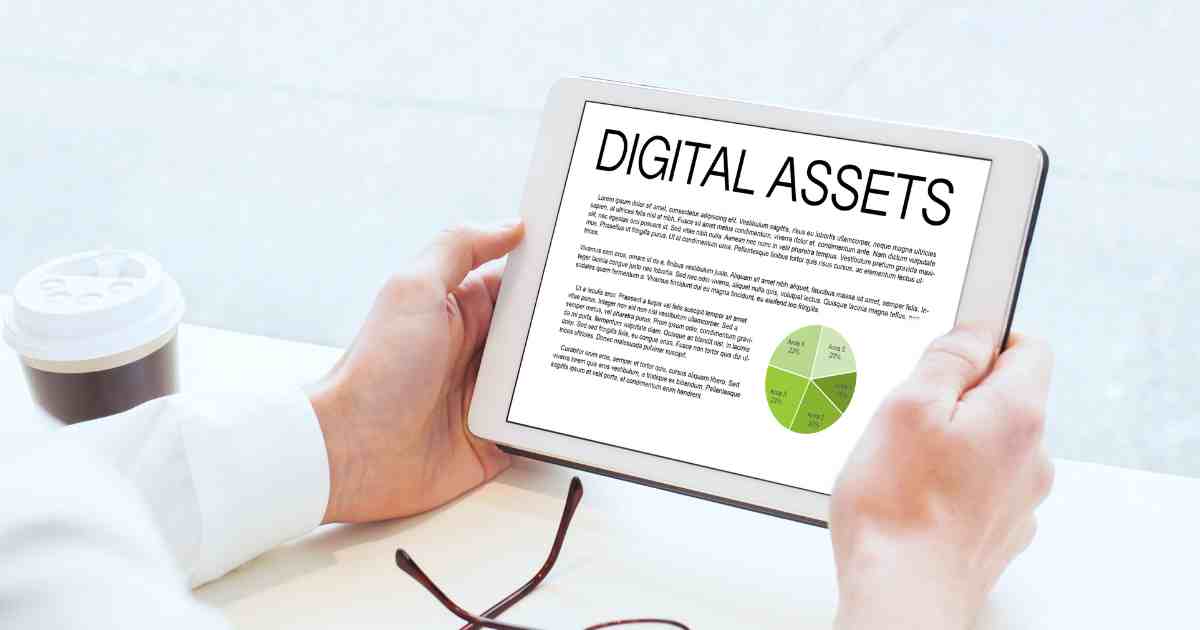The Seda NMB ICT Incubator has been relaunched as the Nelson Mandela Bay I-Hub in Kwantu Towers in Govan Mbeki, Port Elizabeth.
All future applications to the incubator will be judged by a panel of information and communication technology (ICT) experts.
Only applicants who focus solely on disruptive technologies and whose business idea is socially relevant will be accepted as incubatees by the Nelson Mandela Bay I-Hub.
“Our main objective is to remain at the cutting edge of the fast-paced ICT sector. To achieve this, we need to focus on technologies that have the potential for disrupting existing value chains to facilitate market access whilst contributing to social development including automation and robotics, educational technology, smart agriculture, big data analytics, cloud computing and blockchain technology,” says chairman of the Nelson Mandela Bay I-Hub, Darryl Dennis.
The incubation programme is divided into three phases namely the Bronze phase that continues for a duration of about three months, the Silver phase for a duration of six months, and the Gold phase for a duration of between 12-24 months.
Incubatees will need to graduate from each phase to progress to the next phase, ensuring that only serious business owners continue to benefit from the resources of the Nelson Mandela Bay I-Hub.
There will be an opportunity for incubatees to be part of the post-incubation programme, where they proactively contribute to and benefit from major projects working with the more established businesses in the metro and the province.
The post-incubation programme reportedly ensures that ICT professionals under the Nelson Mandela Bay I-Hub continue to contribute to the ICT sector in the Nelson Mandela Bay.
The Bronze phase concludes with a fully registered business, a completed business canvas and product/service concept. At the end of the Silver phase, the incubatee should be able to prove earned revenue and have achieved market readiness. With the Gold phase, the incubatee must be ready to exit the incubator at 24 months with self-sustainable revenue, established business processes, and be non-reliant on incubation services.
“We want the Nelson Mandela Bay I-Hub to become accessible to the community of the Nelson Mandela Bay, and not only clients of the Nelson Mandela Bay I-Hub. This is our vision. However, the first step is to get clients and partners on board who will enable us to make that vision a reality. With our focus on disruptive technologies, our stricter selection criteria, expert judging panel and our new outcomes-based programme that is deadline driven, a new benchmark is set for ICT professionals that will encourage innovation, and hopefully attract more investors to the ICT sector in the Nelson Mandela Bay,” says Dennis.
Interventions in the pipeline for the Nelson Mandela Bay I-Hub for the next two years include a software engineering training lab and app factory, an e-health platform for poor communities, two e-learning platforms, and the enterprise development intranet.





